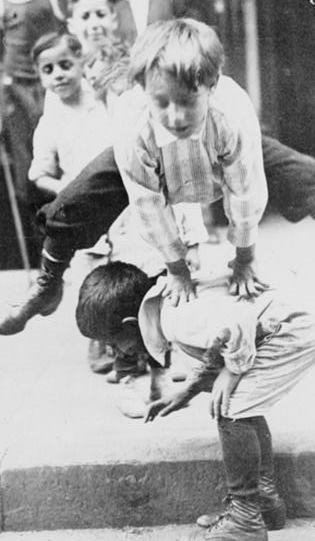I appreciate the notification, as it gives neighbors a heads-up on a potential threat, however I feel that the restrictions on where these people can live is beginning to get overly restrictive:
Ohio bars registered sex offenders from living within 1,000 feet of a school. But many city leaders have said that isn't tough enough.
Some have extended the buffer zones to 2,500 feet — about a half-mile — and added parks, preschools and other places to the restricted list.
One argument against the most restrictive bans is that sex offenders will simply stop registering or say they have moved somewhere else.
In my opinion, registration of these type offenders is a good idea. Increasing the distance they must be from schools, parks and daycares is unnecessary and could be counter productive.
There is another argument made by people who live closer to the Pogue Center than me that it is a deterrent to development and holds down property values. They also say that they attract placement of offenders from other places across Ohio. All this is true, but I don't really know what the solution, is.
UPDATE: Interesting site that combines all the sheriff's info into one searchable map. hat tip Jackie Danicki.






4 comments:
The Drop Inn Center actually does not allow sex offenders at our facility. This does not prohibit people from putting our address down, however. When someone does this, we check our records to make sure. Then we notify the Sheriff's Department that they are not actually staying here. At this point, they say they cannot take our address off until they have another address to put in. They do not want to list people as "unknown." Whether this whole arrangement makes the community safer is an open question. But you can rest assured that the people listed under our address do not actually stay here.
Restricting where sex offenders live doesn't do anything about where these people go or where they hang out. It's counterproductive in my opinion and does nothing but "warehouse" them in a few unfortunate neighborhoods.
"They do not want to list people as "unknown."
Some of the weird locations I have been notified of include:
-"living in car on Mulberry Street"
-"courtyard of justice center"
Thanks for commenting. I think neighborhoods are starting to compete with each other to have the most restrictive ordinance, like you say Kevin, thus pushing everyone to the least restrictive area. The article linked to above stated that the solution is some kind of state-wide approach.
I think some very minimal restriction could make sense, such as child molesters not being allowed to live within "sight" of a grade school. However restricting all sex offenders the same, and making the distance half a mile, and including parks and churches is stupid.
It seems to me that if sexual offenders are going to be in the neighborhood wouldn't it be preferable that they were in a treatment facility rather than out on their own and unmonitored? I think people's concern over the Pogue Center is misplaced. The people who are housed at the Center are receiving services and extra scrutiny, most likely have a strict curfew and probation officers minding them as well. I don't know, but these might be the "safest" sexual offenders in the neighborhood.
Post a Comment